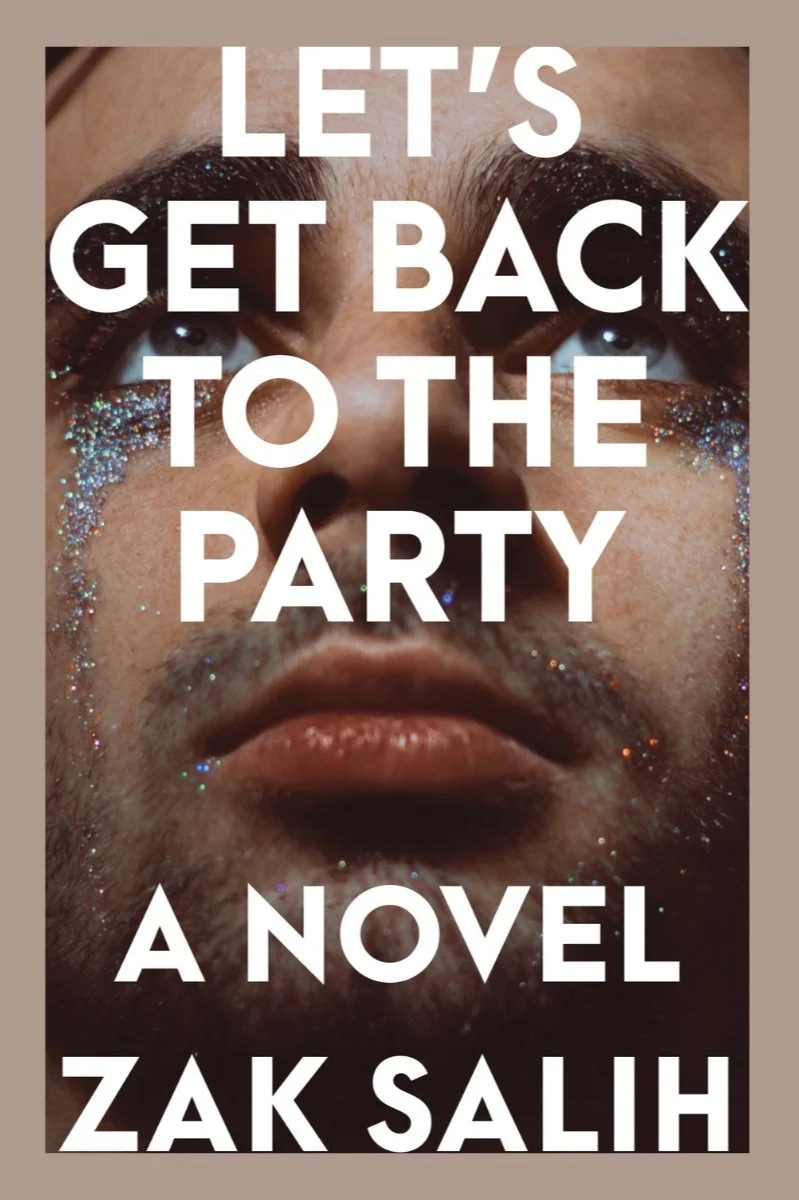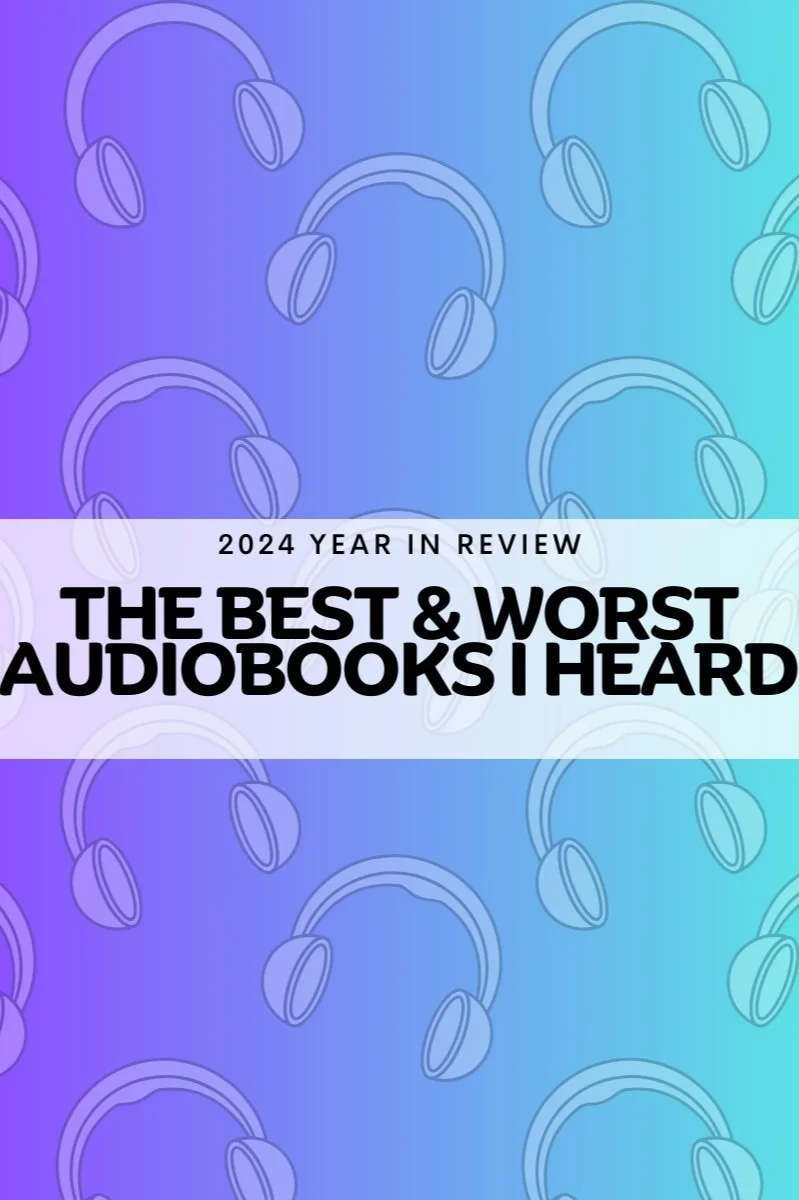“Blue Sisters” is, in many ways, a Trojan horse of a novel – what seems like a light, fast read is actually a deeply serious and heartfelt story about grief’s enduring grip and the slow, often painful process of rebuilding in its wake.
Queer – William S. Burroughs
This novella has solidified my disinterest in Burroughs and, perhaps, in the Beat Generation as a whole. As for the film adaptation, I’ll take a pass – I’ve given this story enough of my time.
Let’s Get Back to the Party – Zak Salih
From the Obergefell ruling to the Pulse nightclub massacre, “Party” captures the emotional and political climate of a pivotal year for the LGBTQ+ community. The novel questions the expectations placed on modern gay men, contrasts different generational perspectives and resists a tidy resolution, embodying the complexity and contradictions of queer existence in a post-modern world.
If Beale Street Could Talk – James Baldwin
Though the author is best known for his searing critiques of race and sexuality, “Beale Street” is unique in his body of work. It’s his first novel (that I’ve read) centered entirely on Black love and the only one narrated by a woman.
Isaac’s Song – Daniel Black
Daniel Black’s “Isaac’s Song” is less a sequel to “Don’t Cry for Me” than a companion piece, giving Isaac’s long-awaited perspective on his relationship with his father, Jacob. While “Cry” was a reckoning told through a dying father’s letters, “Song” is a son’s introspective journey through memory, contradiction and generational trauma.
Leaving Atlanta – Tayari Jones
While not without its uneven moments, this is a testament to Jones’ ability to blend personal history with fiction, elevating the struggles of Black children into something literary, urgent and deeply human.
The Black Guy Dies First: Black Horror Cinema from Fodder to Oscar – Robin R. Means Coleman and Mark H. Harris
Robin R. Means Coleman and Mark H. Harris lean into their respective expertise – academic and journalist – to explore the evolution of Black representation in horror, organizing their insights around themes, tropes and industry trends that often mirror shifting racial attitudes in America.
The Parable of the Sower – Octavia E. Butler
Octavia E. Butler’s storytelling is gripping but uneven, blending chilling foresight with a narrative that sometimes felt disjointed. While her vision of America is undeniably powerful, the novel’s fragmented structure and numerous themes occasionally dilute its impact.
Run: Book One – John Lewis and Andrew Aydin
While “Run” may not yet match the polish of “March,” it lays a promising foundation for future installments. For now, it earns a place on my shelf as a testament to Lewis’s legacy and a reminder that the fight for equality – though officially decades past – continues to reverberate today.
The Testaments – Margaret Atwood
While “The Testaments” may not be as beloved as the original – let’s be honest, few sequels are – I still found it to be a compelling page-turner that stands as a masterclass in dystopian fiction.
The Handmaid’s Tale – Margaret Atwood
A chilling exploration of power, oppression and the fragility of democracy – far from light reading, especially given today’s political climate – even those familiar with the series will find the novel a more visceral experience.
The Covenant of Water – Abraham Verghese
Abraham Verghese’s lauded novel effectively blends drama with cultural and historical perspectives but it also sometimes struggles under the weight of its own expansiveness.
Godwin – Joseph O’Neill
Split between two narrators – Mark Wolfe, a self-absorbed technical writer from Pittsburgh, and Lakesha Williams, his diligent and thoughtful work colleague – the story kicks off with a mundane office conflict that feels disconnected from the rest of the novel's ostensible focus: the search for Godwin, a young African soccer prodigy. This odd opening sets the tone for a book that reads like two distinct narratives clumsily stitched together.
The Brothers K – David James Duncan
For all its flaws, “The Brothers K” offers a reminder of the bonds that hold families together despite their differences. The Chance family, though flawed and frequently at odds, is united by love and loyalty – a timely message about finding the good in one another.
Private Rites – Julia Armfield
Though the prose remains lush, her reliance on symbolism and Shakespearean allusions requires a level of patience and literary devotion this novel didn’t earn. For those well-versed in “King Lear” and drawn to dense, slow-burn literary fiction, there may be more to appreciate.
2024: My Year in Reading
Reading mirrors life. At times, you experience one incredible read after another, but other times you’re stuck in a slump that seems unending. But perseverance often leads to better days, and this year reminded me of that truth.
2024: The Best and Worst Audiobook Narrations I Heard
With 72% of my reading this year incorporating an audio component, it’s surprising that more performances didn’t land on my “worst” list – especially considering how average my overall reading year felt.
2024: The Best and Worst Books I Read
Short story collections, anthologies and graphic novels provided much-needed variety, proving that it’s always a good idea to shake up your format. As for my quest to tackle the “chonky” novels languishing on my TBR list, well, many were ambitious but frustrating.
Lawn Boy – Jonathan Evison
Jonathan Evison’s “Lawn Boy” attempts to tackle social inequality with humor and heart, but its execution falters. While the book has been challenged for fleeting references to sex and gender identity, these objections feel exaggerated. The real discomfort lies in its critique of systemic barriers that make stability and success elusive for marginalized communities—a critique that some may find hard to swallow.
The Lie: A Memoir of Two Marriages, Catfishing & Coming Out – William Dameron
For readers interested in a nuanced look at coming out later in life, particularly in the mid-2000s – a time when acceptance was growing but still fraught with homophobia and fears of ostracism – “The Lie” offers an authentic, if imperfect, reflection.



















